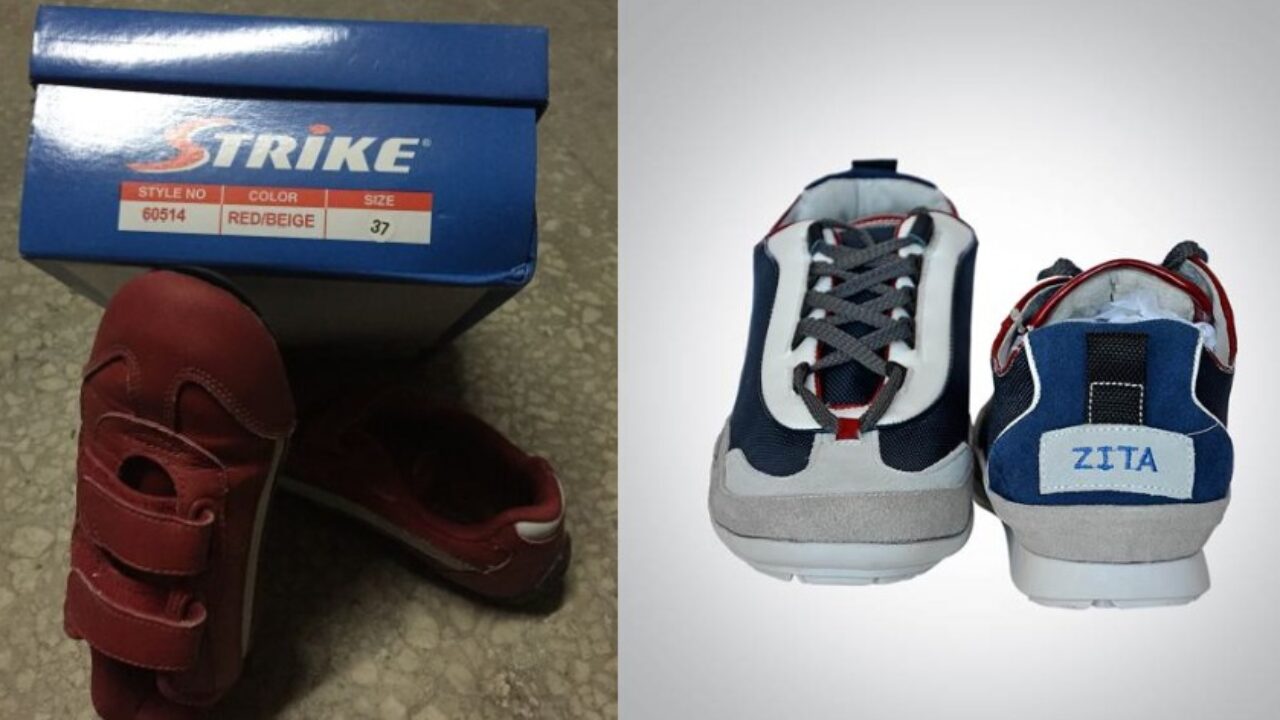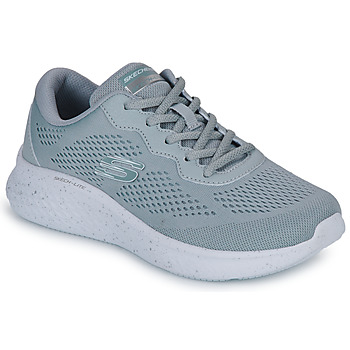
Οι θρύλοι των 80's: Τα 3 ελληνικά παπούτσια που οι σημερινοί νέοι δεν είδαν ποτέ έπαιζαν χωρίς αντίπαλο

Strike, Zita, Sportex: Τα παπούτσια των 80s που ξαφνικά θεωρήθηκαν ντεμοντέ και εξαφανίστηκαν από τα ράφια | Enimerotiko.gr

Αγοράστε Νέα Γυναικεία Αθλητικά Παπούτσια με Αυξημένη Σόλα Παπούτσια για τρέξιμο με Αναπνεύσιμη Παχιά Σόλα Αντιολισθητικά | Joom

Νέες Αφίξεις Παιδικά Αγόρι, ΠΑΙΔΙΚΑ ΑΓΟΡΙ, Παιδικά Αγόρι Αθλητικά ΠΑΙΔΙΚΑ ΑΘΛΗΤΙΚΑ ΠΑΠΟΥΤΣΙΑ ΓΙΑ ΑΓΟΡΙΑ-CHAMPION-2299-0054-ΛΕΥΚΟ - Kourouniotis-shoes.gr

2022 Καλοκαίρι Γυναικεία Παπούτσια Αναπνεύσιμο Διχτυωτό Εξωτερικό Αθλητικά Παπούτσια Αθλητικά Παπούτσια Casual Περπάτημα Tenis Feminino Zapatos Mujer - Badu.gr
.jpg?t=nEb7M6kBxKZkZrAlFDsftw)
Οδηγός αγοράς: Τα άσπρα sneakers είναι το σωστό παπούτσι για κάθε εποχή & έχουμε τα 10 καλύτερα - Queen.gr

Αγοράστε New Men's Breathable Sneakers Outdoor Non-slip Shock-absorbing Running Shoes Mesh Platform Height Increasing Sneakers | Joom

Αγοράστε Men's Running Shoes Lightweight Breathable Non Slip Running Shoes Athletic Tennis Walking Blade Type Sneakers Hip Hop | Joom

Αγοράστε Men's Running Shoes Lightweight Breathable Non Slip Running Shoes Athletic Tennis Walking Blade Type Sneakers Hip Hop | Joom

















/new-balance-athletika-mr530tc-leuko.jpg)